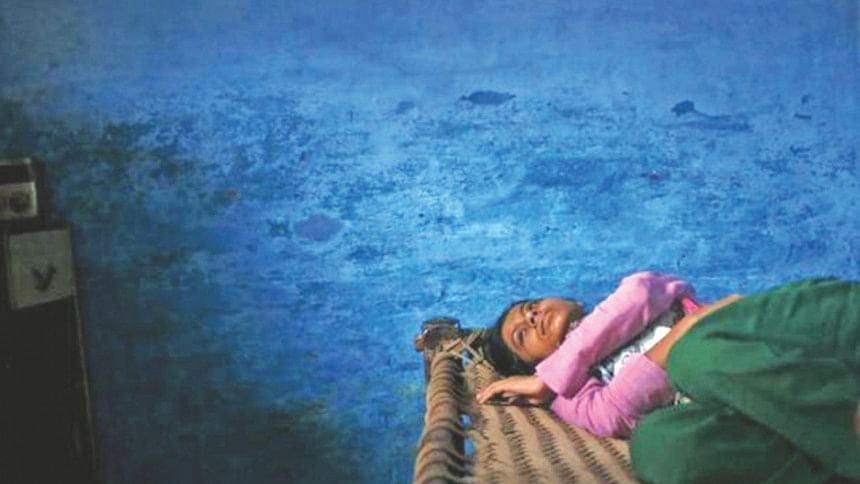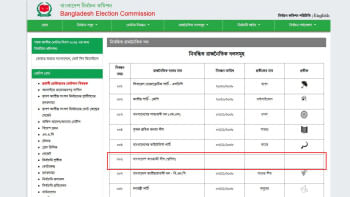DON'T GIVE HATE A CHANCE

India's religious pluralism is looking less secure every day. It's a turning point for India, a country that has taken pride in being a secular democracy where citizens, throughout history, regardless of religion and ethnicity, have held high offices including that of the President of the Republic, Chief Justice, Foreign Minister, Foreign Secretary and Chief of Army Staff, a standard even many developed nations fall short of.
There is, however, a difference between this respectable view and the reality on the ground. "The problem with the present government is that it lacks inclusiveness, which is necessary for the construction of a nation," said Irfan Habib, the renowned historian from Aligarh Muslim University. "So they may shout they are nationalists, but they are in fact undermining the nation."
Last week's raid of Delhi Police on the Kerala House in Delhi "in search of beef" raises many such issues including that of the State deciding what citizens can eat, the violation of federal jurisdiction, the imposition of homogeneity on a pluralistic society, the assault on freedom to choose, and an onslaught on democratic rights in general. At least three Indian states have adopted or tightened bans on the slaughter and consumption of beef. But when India decided that it would be "secular," what it probably meant, without spelling it out, was that Hindus would have to accommodate themselves to the ways of all faiths.
People in the government are doing everything but that. India's culture and tourism minister recently pledged to "cleanse every area of public discourse that had been westernised." The foreign minister has said that Bhagwad Gita must be declared a "national scripture" while the education minister suggested that schools should stay open on Christmas Day.
Modi has said nothing offensive himself but his silence before the growing intolerance is interpreted by many as tacit approval. He did give one notable speech on religious tolerance back in February, but only after his party lost badly in Delhi and the US president, who had just visited, had cautioned against society "splintering" on religious lines.
The BJP has forgotten that India is not a "Hindu country". India has deep Islamic roots going back to centuries and is home to one of the largest Muslim populations in the world. Islam plays an important role in the cultural life of India, whether the bigots like it or not. Christians form the country's third largest religious group, the religion having taken root in the subcontinent before reaching some parts of Europe. Buddhism, another major religion of the world, arose in and around Magadha, modern-day Bihar. Sikhism, Jainism, Zoroastrianism and even Judaism found a fertile land in India, the last two having a long history of being persecuted in many places around the world.
In a stark departure from this glorious tradition, various Hindu nationalist groups, collectively known as the Sangh Parivar, are throwing their weight around. And liberals who oppose the rise of political Hinduism are being attacked or silenced. Last month, a leader of the Sri Ram Sene, a Hindu extremist group warned that writers who insulted Hindu gods were in danger of having their tongues sliced off. In August, 77-year-old scholar M M Kalburgi, an outspoken critic of idol worship, was gunned down on his own doorstep. Do these maniacs know that Hindus can choose to be monotheistic?
During the past few months, the government has ousted liberal voices from many institutions like the National Book Trust and ICCR. In February, Amartya Sen, an outspoken critic of Modi, withdrew his candidature for a second term as the chancellor of Nalanda University. One of the main targets of the government is the legacy of India's first Prime Minister, Jawaharlal Nehru, who laid the foundation for a secular nation. They have announced plans to rename the Nehru Museum and change its focus to highlight the achievements of Modi. A BJP Member of Parliament has described Nathuram Godse, the man who assassinated Mahatma Gandhi, as a "patriot." His opinion is shared by many of his colleagues.
When the BJP came to power last year, it was understood that Hindu fundamentalists would be emboldened. But no one expected them to cause so much damage to the moral fabric of the country in just over a year. They have four more years left. The time has come for Indians to inquire why secular democratic movements that led to independence have been unable to reproduce their spirit beyond one or two generations. How is the genie going to be put back into the bottle?
And that's hardly a question the Indians alone are facing.
The writer is an engineer-turned-journalist.

 For all latest news, follow The Daily Star's Google News channel.
For all latest news, follow The Daily Star's Google News channel. 



Comments